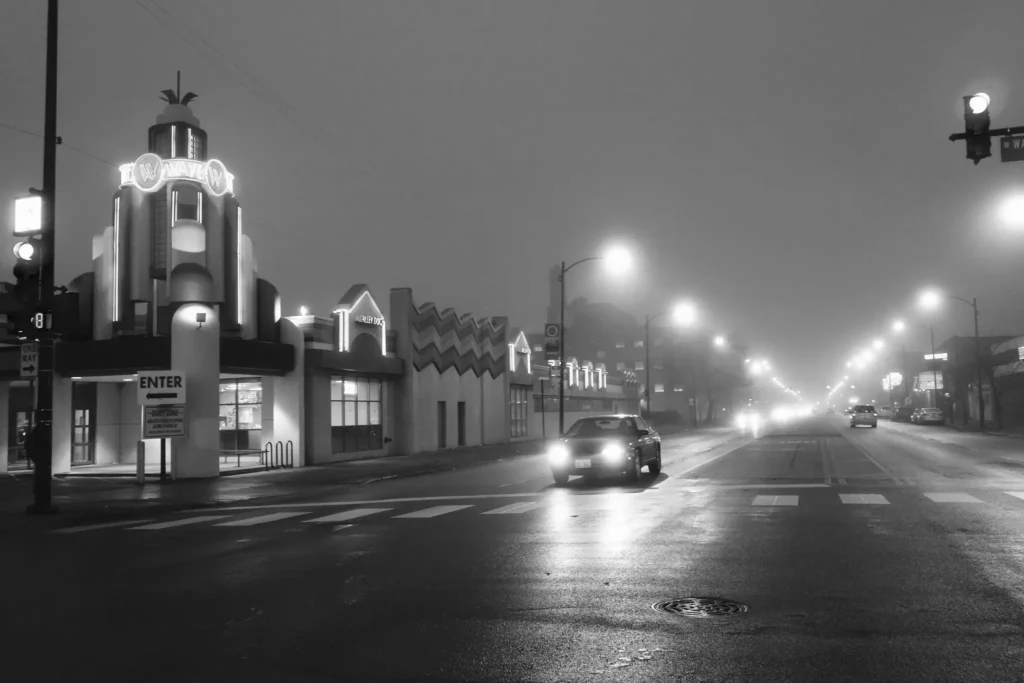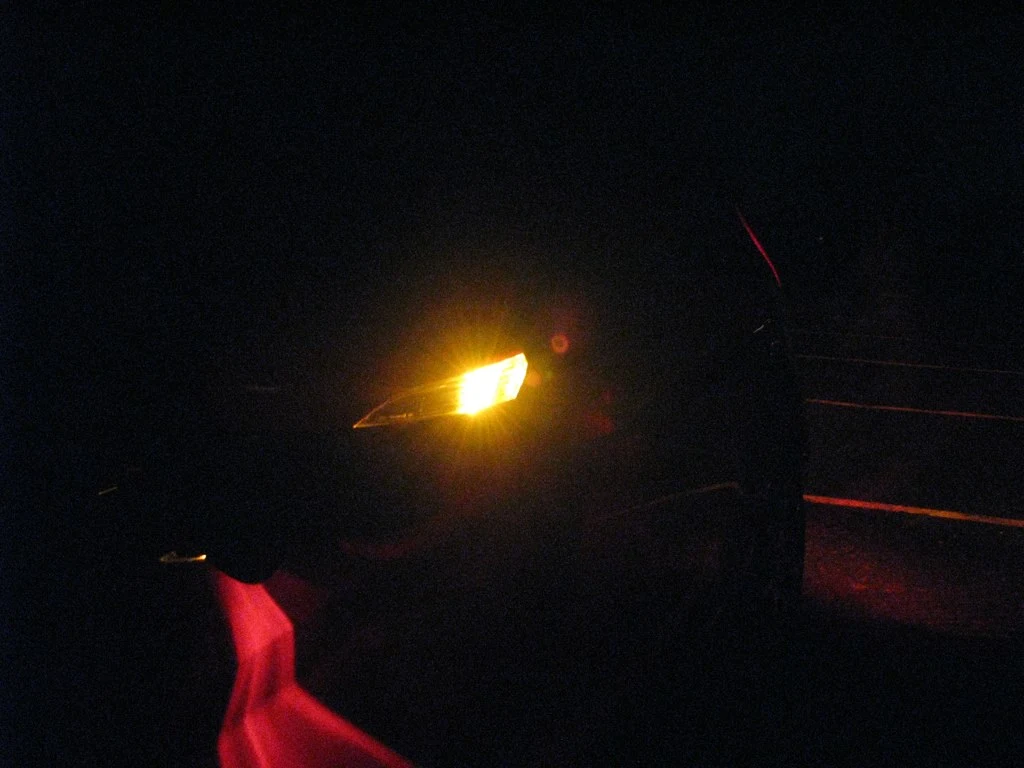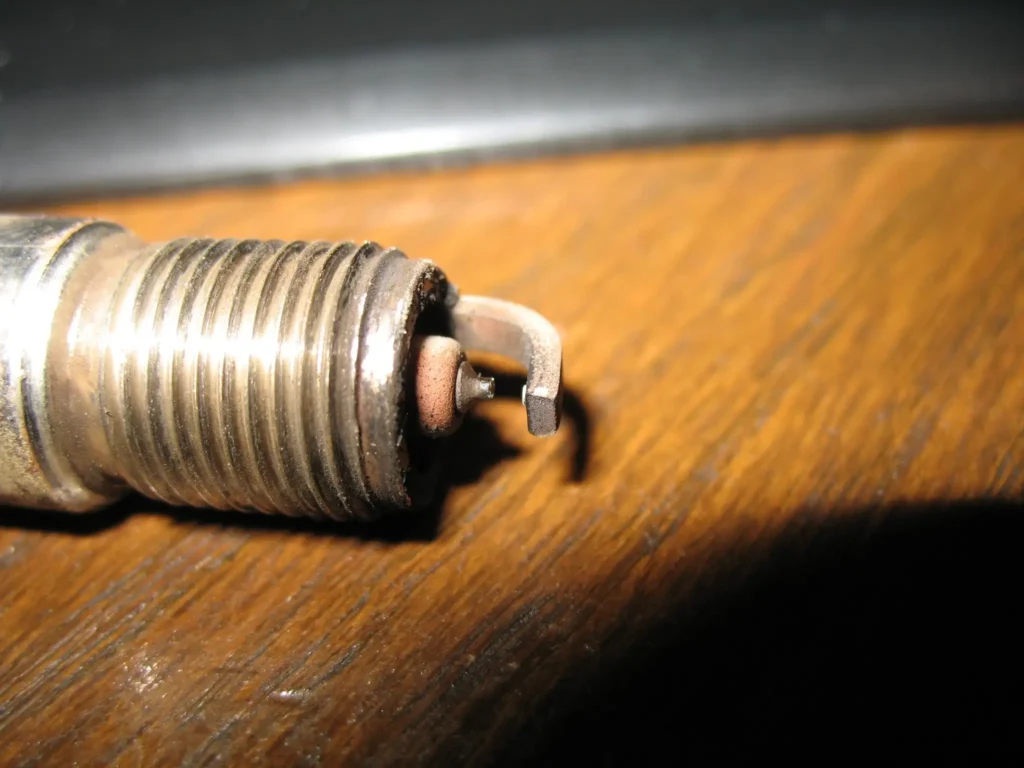Driving at night with your headlights randomly turning off can be an unnerving and dangerous experience. As a driver, you rely on your headlights to illuminate the road ahead and make your vehicle visible to other drivers. When they cut out unexpectedly, you scramble to figure out what’s wrong.
If your headlights are randomly turning off while driving, there are several potential culprits to investigate. In this comprehensive guide, we’ll explore the common causes of this issue and how to get your headlights working properly again.
Why Do My Headlights Randomly Turn Off While Driving?
There are a few common reasons why you may experience your headlights sporadically turning off while operating your vehicle:
Faulty or Loose Electrical Connections
The wiring that connects your headlight bulbs to the power source can become damaged or loose over time. This disruption in the flow of electricity can cause the headlights to flicker or turn off completely. Check all the wiring leading to the headlight bulbs and make sure the connections are tight.
Blown Fuse
There is often a fuse that protects the electrical circuit for the headlights. If this fuse blows, it will cut off power to the headlights causing them to turn off. Could you check the fuse box and replace any blown fuses related to the lighting system?
Failing Headlight Switch
The headlight switch allows you to turn your headlights on and off from inside the car. If the switch is worn out or malfunctioning, it can cause issues like random shut-offs. Test the switch using a multimeter and replace it if faulty.
Dimming or Dead Battery
Low voltage from a discharged or faulty battery can cause headlights to dim significantly or shut off entirely. Charge or replace the battery if it is not holding a charge.
Dying Alternator
The alternator charges the battery and powers the electrical system while driving. If it starts to fail, the headlights may flick off as the alternator struggles to supply enough voltage. Has the alternator been inspected or replaced?
Bad Ground Connection
Headlights rely on proper grounding through the metal body of the vehicle. Rust or damage around ground points can interrupt this connection causing lighting problems. Clean and repair ground points as needed.

What To Do If Your Headlights Go Out While Driving
If your headlights suddenly turn off while driving at night, here are some tips on how to respond:
- Don’t panic! Stay calm and avoid braking suddenly or swerving.
- Turn on your emergency flashers to make your car more visible.
- Try toggling your high beams on and off to see if the headlights will come back on.
- If possible, pull off the road and stop in a safe location.
- Turn on interior dome lights so you have some visibility while parked.
- Check all fuses related to the lighting system. Replace any that are blown.
- Try turning the headlights on and off a few times. Jiggling the switch may help if the contacts are dirty.
- If the problem persists, you may need roadside assistance or a tow to a repair shop. Avoid driving without functional headlights.
- As a last resort, use parking lights or hazard lights to slowly drive to a lit area or get assistance. But this is not advisable and may be illegal.
The best advice is to not continue driving for long with malfunctioning headlights. Safely pull over as soon as possible to troubleshoot and resolve the issue. Driving without properly working headlights is hazardous and likely against the law.
Why Is My Headlight Sometimes On, Sometimes Off?
Intermittent headlight operation—where they turn on and off randomly—is often caused by a loose wiring connection. Here are some tips for tracking down the source of the problem:
- Check all wiring connectors related to the headlight circuit and make sure they are fully seated and locked.
- Wiggle wiring harnesses while headlights are on to test for loose wires.
- Inspect wires for damage like cracked insulation and exposed copper.
- Make sure the headlight switch feels tight, not loose, when operating it.
- Clean any corrosion present on electrical connectors with an electrical contact cleaner.
- Consider replacing old brittle wiring that may have broken internals you can’t see.
- If the issue persists, have the wiring tested for continuity by a technician to isolate breaks.
Loose connections are often hidden under dash panels and behind light housings. Probing and wiggling each connector and wire related to the intermittent headlight can typically reveal the problem wire. Replace faulty wiring as needed.
Do Headlights Turn Off By Themselves?
Headlights do not typically turn off by themselves while driving unless there is some kind of electrical fault. Here are some common reasons headlights may spontaneously turn off:
- Blown fuse – The circuit fuse protecting the headlights burns out, cutting power.
- Failed headlight switch – Worn contacts inside the switch intermittently lose continuity.
- Loose or dirty connector – Vibration causes a wire to lose contact and turn the lights off.
- Damaged wires – Shorts or breaks in cables disrupt the flow of power.
- Dying relay – The relay briefly stops working, shutting off the lights.
- Defective bulb – An issue causes an individual bulb to turn off.
- Weak battery – Diminished voltage from a failing battery turns headlights off.
- Bad alternator – Insufficient charging allows the battery to drop voltage.
So in most cases, headlights don’t turn off on their own. It’s the result of some fault in the wiring, switch, relay, fuses, bulbs, or charging system. Tracking down and repairing the specific problem component will stop random headlight shut-offs while driving.
What Should I Do If My Headlights Stop Working While Driving?
Here are smart steps to take if your headlights fail while driving at night:
- Turn on hazard flashers to increase visibility.
- Pull off the road safely when possible.
- Turn on interior lights for visibility.
- Check all fuses and relays related to lighting.
- Inspect all headlight bulbs and connectors.
- Try the headlight switch several times.
- If the issue persists, have the vehicle towed to the repair shop.
- Avoid driving without fully functional headlights.
- Use parking lights only if necessary and drive slowly.
It’s not advisable to continue driving long distances at night with non-operational headlights. As soon as safely possible, move out of traffic and try to diagnose the cause of the failure. In most cases, you’ll need to be towed to a shop for electrical repairs. Only drive short distances with parking lights on if necessary.
How Do I Know If My Headlight Relay Is Bad?
If you suspect a bad headlight relay, here are a few simple checks to confirm:
- Listen for audible clicks when headlights are switched on. No click indicates a failed relay.
- Check if the relay engages by feeling it snap into position when headlights turn on.
- Use a multimeter to test for 12V power at relay when headlights are on. No power means dead relay.
- Measure resistance across terminals – an open circuit reading confirms dead relay.
- Swap relay with a known working equivalent as a control test.
- Visually inspect for damaged, overheated relay casing and terminals.
- Check for corroded or loose connections at relay wiring terminals.
If any of those checks indicate a problem, replace the headlight relay. It’s an inexpensive part and easy DIY fix on most vehicles.
Can a Bad Battery Cause Headlights Not to Work?
Yes, a weak or dead battery can certainly cause headlight problems including:
- Dimming headlights – As the battery loses charge, voltage drops and lights dim.
- Flickering headlights – Voltage dips can cause temporary interruptions in power.
- Headlights cutting off – Extremely low voltage may cause lights to turn off completely.
- Other electrical issues – Radio, gauges, wipers may also be affected by low voltage.
So if you are experiencing headlight problems along with other electrical gremlins, be sure to test the battery. Measure voltage with the engine off (should be 12.6V or higher in a fully charged battery). Also load test the battery using a diagnostic tester to check if it maintains voltage under a load.
Replace the battery if it is not holding a proper charge. Install a new battery of the same group size and cold cranking amps (CCA) rating as the old one. Reconnect the battery cables properly to restore full electrical function.
Conclusion
Headlights that inexplicably shut off while driving are a safety hazard that should be addressed immediately. The problem is typically caused by an electrical issue like a blown fuse, damaged wiring, bad relay or switch, or malfunctioning bulbs.
If your headlights cut out unexpectedly, try to pull off the road quickly and safely. Troubleshoot the problem starting with the easiest fixes like testing fuses and bulbs. Have the vehicle towed to a repair shop for diagnosis if you can’t determine the cause yourself.
Driving any significant distance without properly working headlights is dangerous and usually illegal. Take proactive steps to maintain your vehicle’s lighting system and respond appropriately if problems arise to stay safe on the road.



